EU imposes sanctions on Iranian individuals, entities over Russia ties
Foreign ministers from the European Union have approved new sanctions against seven Iranian individuals and seven entities, including flagship carrier Iran Air, under the pretext of claims the country has delivered ballistic missiles to Russia for use in the Ukraine war.
The listings also include Saha Airlines and Mahan Air, Iran’s Deputy Defense Minister Seyyed Hamzeh Ghalandari, prominent officials of the Quds Force of the Islamic Revolution Guards Corps (IRGC), Khatam al-Anbiya Central Headquarters, and the IRGC Aerospace Force.
The sanctions also target the managing directors of the Iran Aircraft Manufacturing Industrial Company (HESA) and the Aerospace Industries Organization (AIO), an EU statement said on Monday.
President Masoud Pezeshkian stressed late last month that Iran has never supplied Russia with ballistic missiles.
In a meeting with President of the European Council Charles Michel on the sidelines of the UN General Assembly in New York on September 24, Pezeshkian underlined that Tehran has never provided Moscow with such munitions.
The president said Iran only seeks the cessation of military conflict between Russia and Ukraine and favors peace.
Earlier, Iranian Foreign Minister Abbas Araghchi had dismissed allegations of ballistic missile supply to Russia.
Once again, US and E3 act on faulty intelligence and flawed logic
— Seyed Abbas Araghchi (@araghchi) September 11, 2024
- Iran has NOT delivered ballistic missiles to Russia. Period
- Sanction addicts should ask themselves: how is Iran able to make & supposedly sell sophisticated arms?
Sanctions r NOT a solution, but part of problem
“Once again, US and E3 act on faulty intelligence and flawed logic. Iran has NOT delivered ballistic missiles to Russia. Period,” Araghchi said in a post on his X account on September 11.
“Sanction addicts should ask themselves: how is Iran able to make & supposedly sell sophisticated arms? Sanctions are NOT a solution, but part of problem.”
Iran and Russia, both hit by Western sanctions, have maintained close ties over the past years.
The two countries have traditionally had close military ties, notably with Iran receiving the Russian-made S-300 anti-missile system in 2015.
Iranian officials have declared that the country will not hesitate to strengthen its military capabilities, including its missile and drone power, which are entirely meant for defense, and that Iran’s defense capabilities will be never subject to negotiation.
Meanwhile, Russia has repeatedly warned that a flow of Western weapons to Ukraine will only prolong the conflict.
Since the start of the war in Ukraine, the United States, alone, has pledged more than $44 billion in military assistance to Ukraine.
Iran pursuing broader cooperation with African nations: Pezeshkian
Israeli minister threatens to seize entire Gaza if Hamas refuses to disarm
VIDEO | Gaza teacher starts ‘Little Wings’ initiative to bring joy to kids
Spanish FM urges firmer EU stance on Gaza crisis, West Bank settlement expansion
Israel ‘serious obstacle’ to nuke-free West Asia: Iranian diplomat
High-profile Israeli-American brothers on trial for sex trafficking and assault
Settlers served lavish lunch in Israeli prison holding fasting Palestinians
VIDEO | Press TV's news headlines


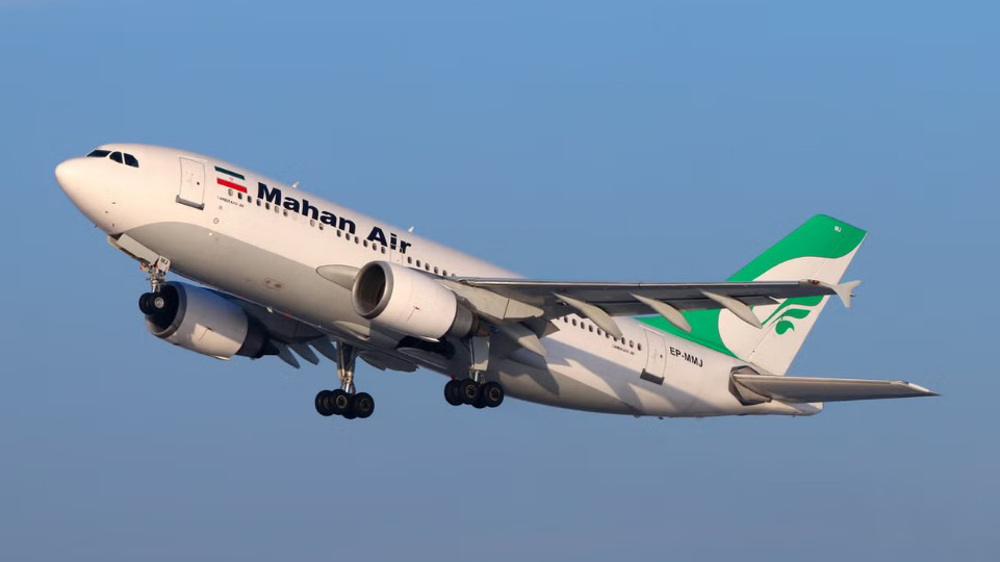
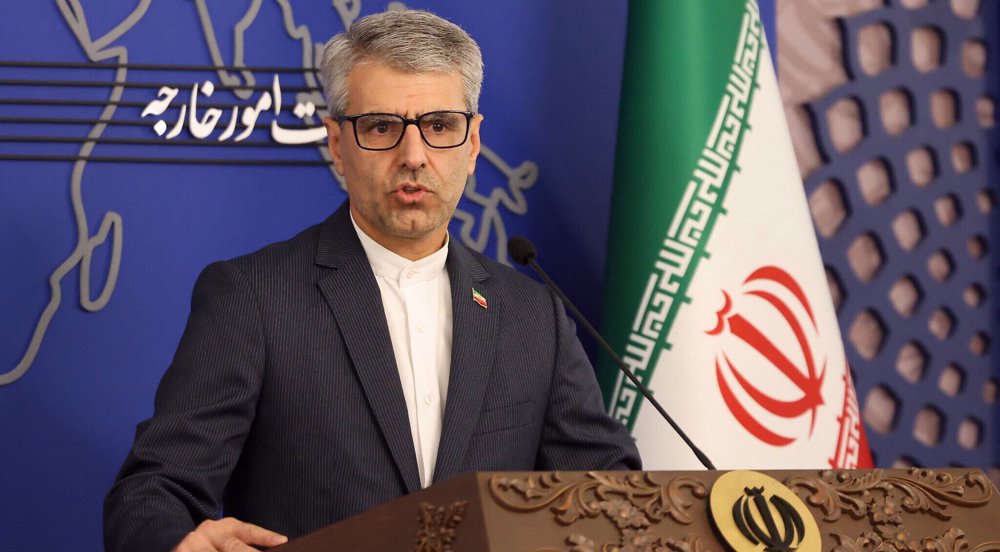
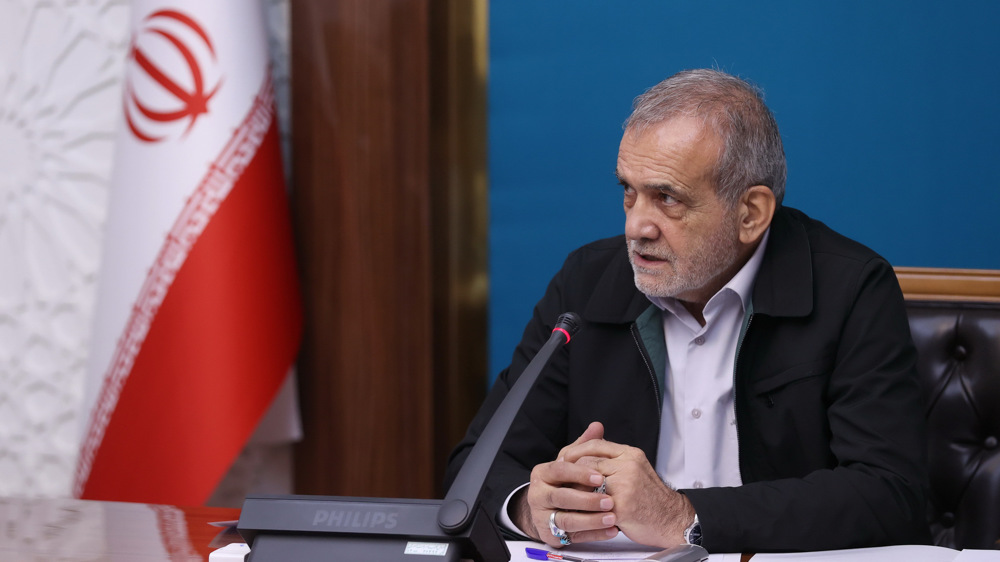
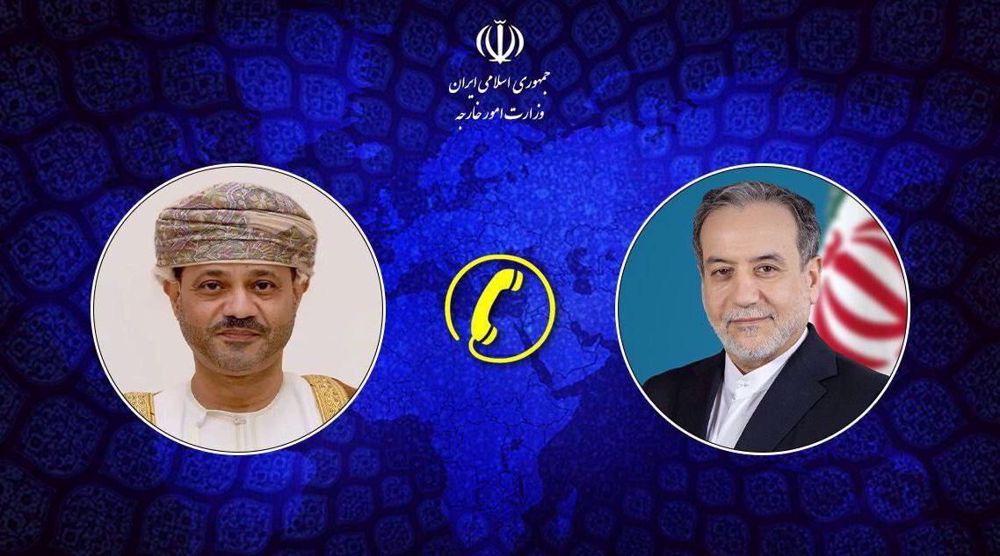



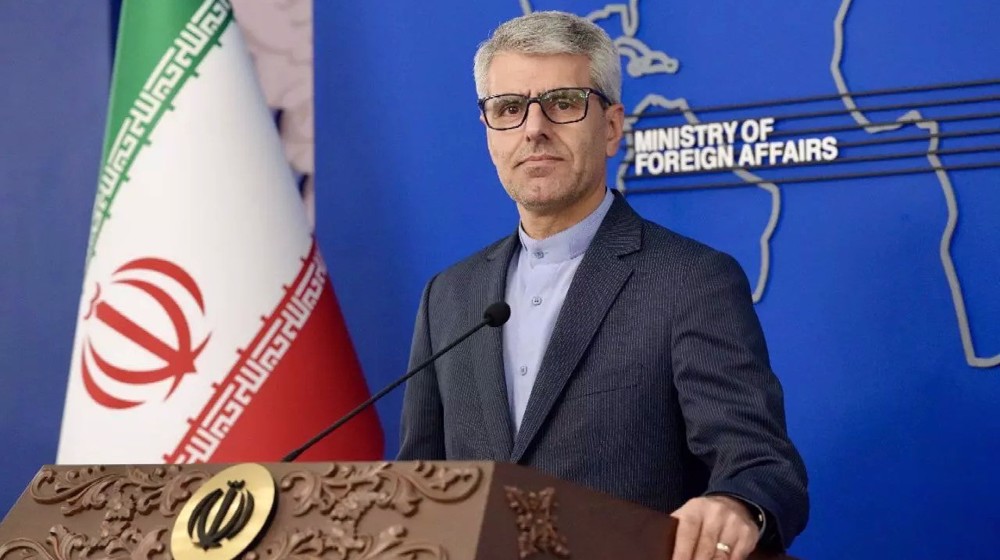
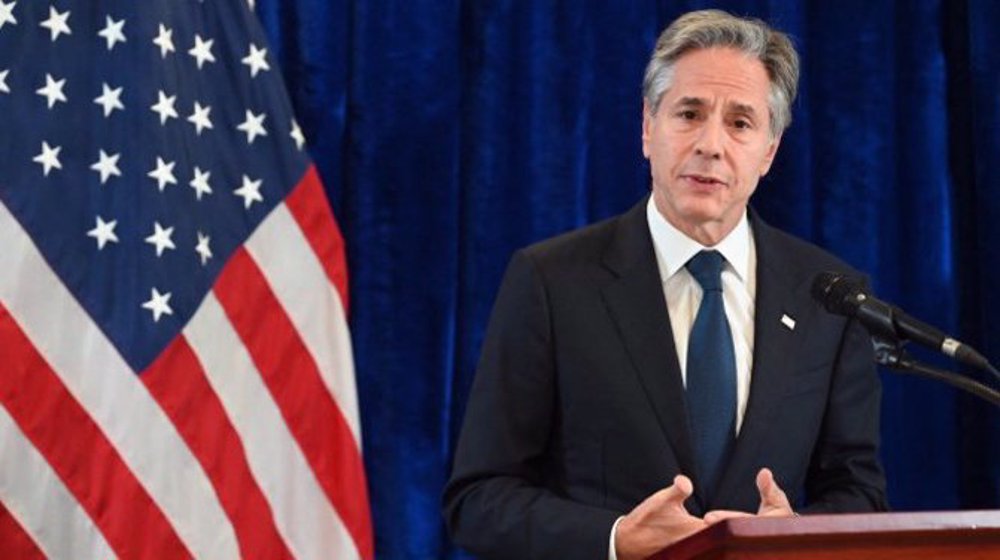
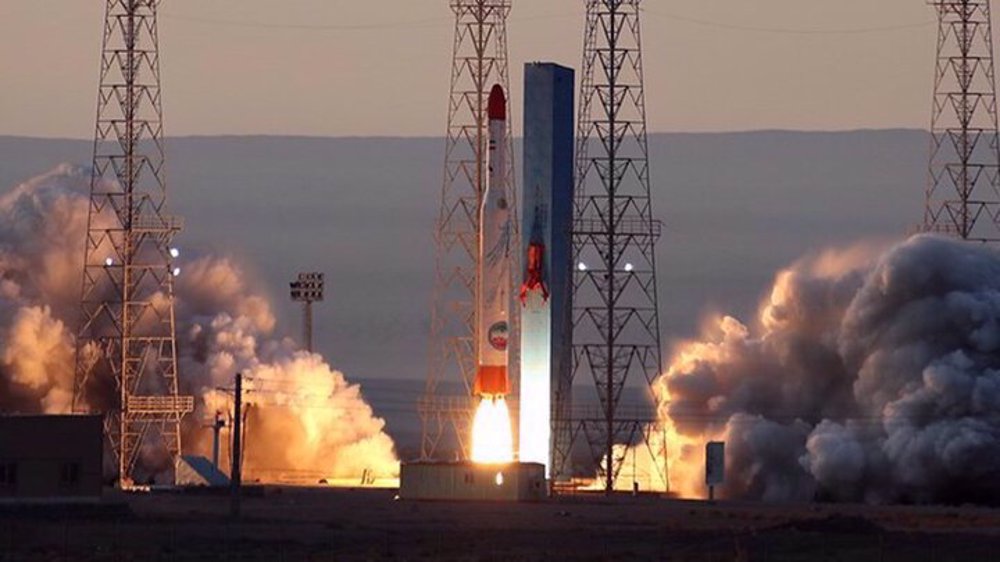
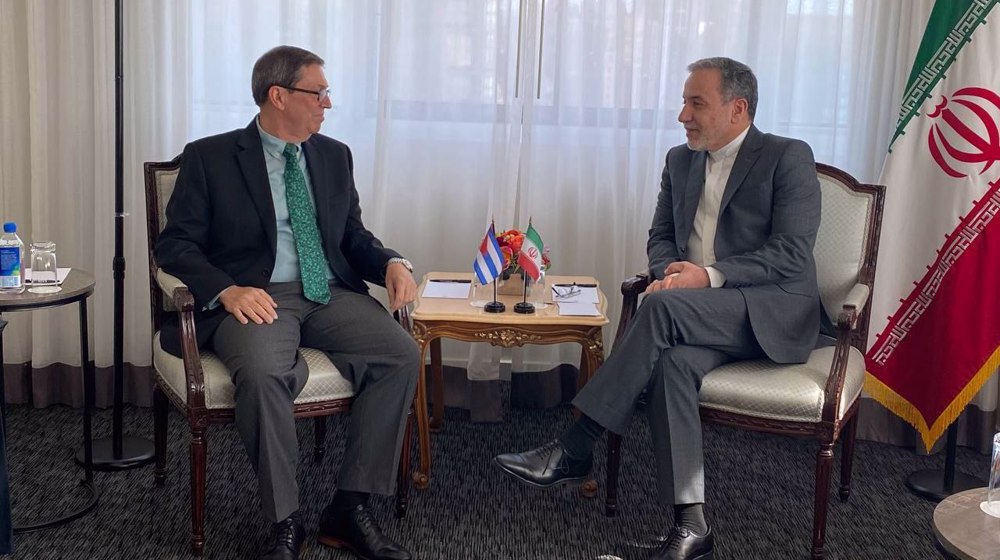
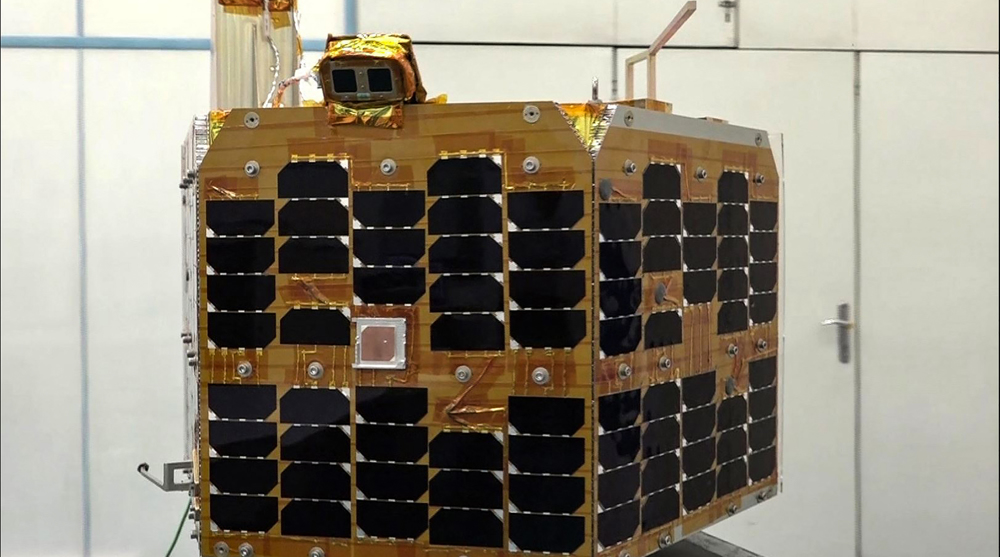
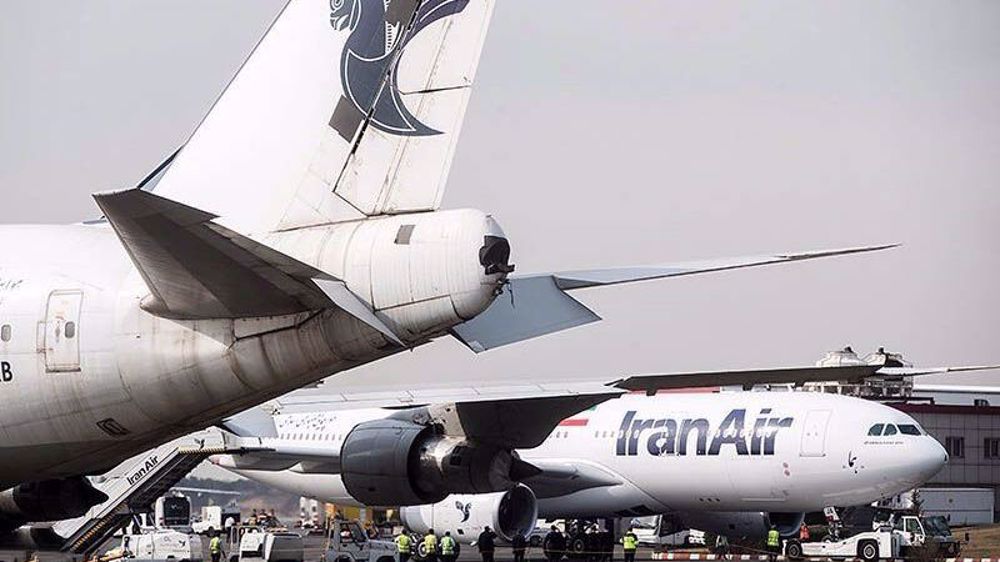
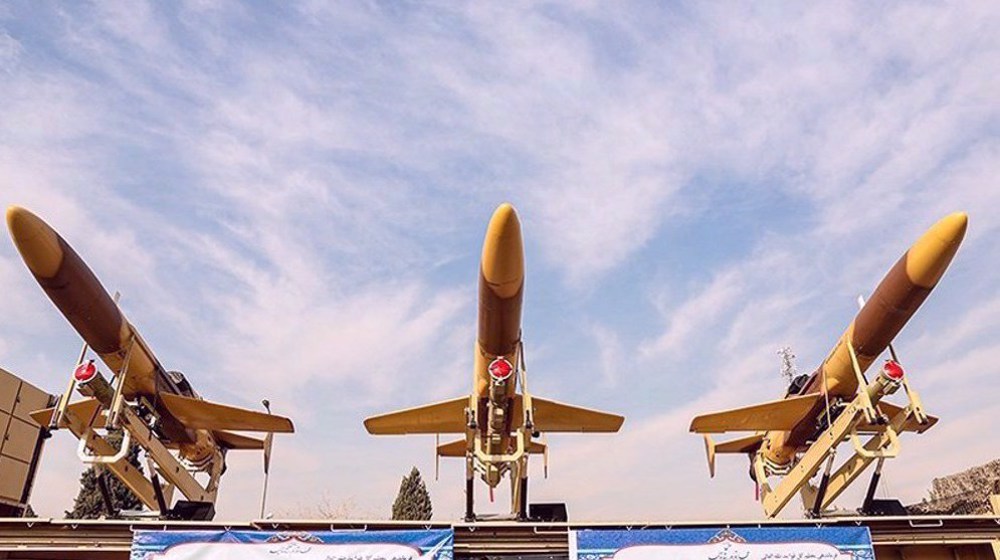
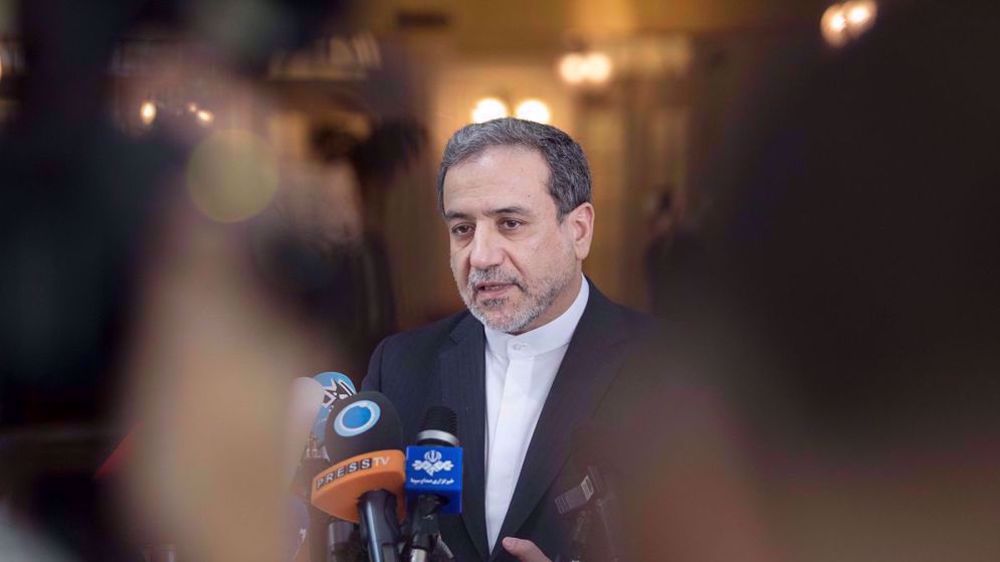

 This makes it easy to access the Press TV website
This makes it easy to access the Press TV website